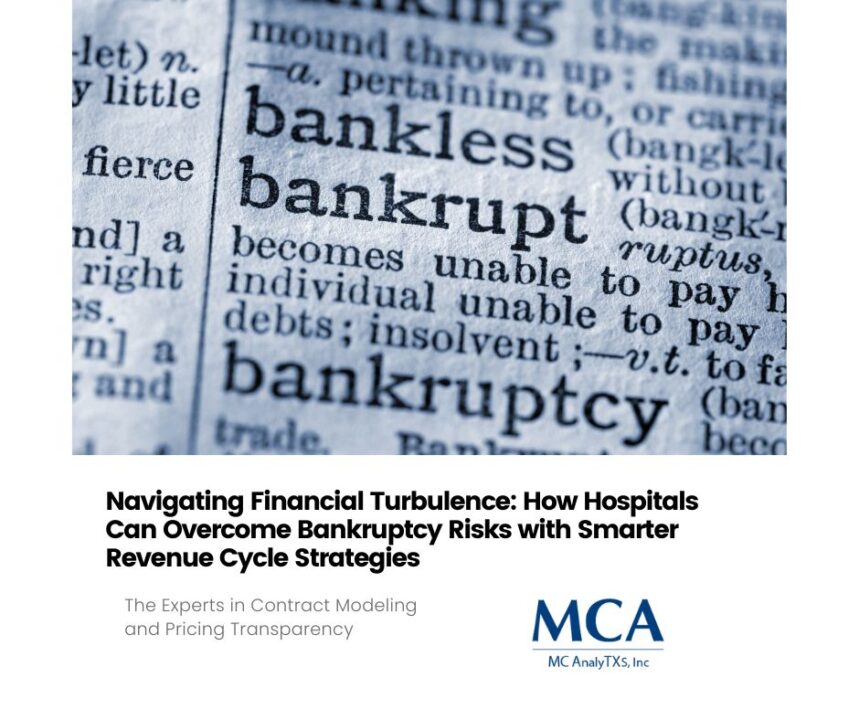
How Hospitals Can Reduce Administrative Costs
March 28, 2023
5 Healthcare Trends to Watch in 2023
April 12, 2023
Revenue cycle management (RCM) is the process of managing the patient billing process from start to finish, from the initial patient registration to payment collection.
It has become increasingly important for organizations to optimize their RCM functions to maximize their profitability and minimize the risks associated with improper billing and collections processes. I
In this blog post, we will discuss how organizations especially RCM VPs can ensure the continuous improvement of their RCM functions by investing in people, processes, and technology.
Investing in People:
Organizations should invest in hiring and developing qualified personnel who have an understanding of RCM best practices and processes.
This can include hiring individuals with experience in healthcare finance or those who are knowledgeable about medical coding standards.
Additionally, organizations should provide ongoing training for all staff involved in the revenue cycle management so that they can stay up-to-date on any changes or new regulations.
This will help ensure that staff is equipped with the knowledge necessary to properly track and monitor patients’ accounts throughout the entire revenue cycle process.
Investing in Processes:
Organizations should also review their existing processes and procedures related to revenue cycle management regularly.
For example, they should assess whether any manual processes could be automated through technology solutions, such as electronic medical records (EMR), electronic claims processing systems, or other software applications designed specifically for RCM.
Additionally, they should evaluate whether any current processes can be improved or streamlined to reduce costs and streamline operations.
Finally, organizations should develop internal controls around their billing system to ensure accuracy and compliance with applicable laws and regulations.
Investing in Technology:
Finally, organizations should consider investing in new technologies that can help them improve their RCM functions.
This may include EMRs, which allow for more efficient tracking of patients’ accounts; automated claims processing systems that allow for faster payments; or other software applications specifically designed for RCM.
Additionally, investing in artificial intelligence (AI) technologies can help automate certain tasks within the revenue cycles process such as medical coding or claims adjudication.
Investing in these technologies can help organizations save time and money while also improving accuracy and compliance with laws and regulations related to healthcare financing.
Revenue cycle management is an essential function for any organization operating within the healthcare industry.
By investing appropriately in people, processes, and technology strategies related to revenue cycle management, organizations can ensure continuous improvement of this critical business function while reducing the risk associated with improper billing practices or inaccurate data collection methods.
As health care continues to evolve at a rapid pace due to advances in technology, it is increasingly important for organizations to remain proactive when it comes to improving their RCM functions.
Doing so will not only increase efficiency but also help them maximize profitability.
To learn more or for those health systems seeking RCM talent join our next webinar below.





